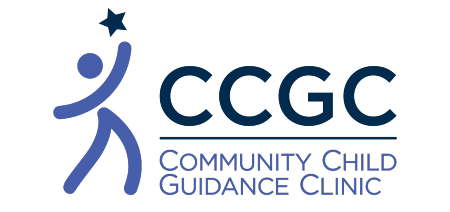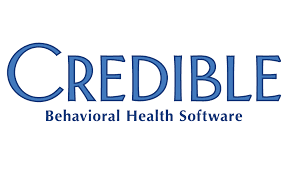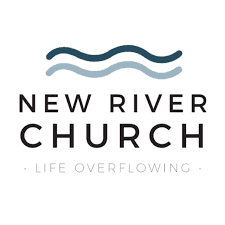Talking to Foster Children about Institutional Abuse
By Kevin McMahon

Many of the children entering the foster care system are being rescued from abusive or neglectful environments, so when you welcome a foster child into your family, a lot of care and support needs to be provided to help them work through the traumas of their past. At the same time, there is a hope that in this new life, they will be protected from enduring any further abuse. However, children who have been victims of abuse once are more likely to be sexually abused outside of the home than their non-abused peers. This unfortunate reality makes it critically important to educate yourself and your foster child about the risks of institutional sexual abuse outside the home.
What is institutional child abuse?
Institutional abuse occurs when an institution like a church, school, or care facility creates and fosters an environment where victims are sexually abused and systemically silenced. An infamous example of institutional abuse involves the decades-long cover-up of clergy abuse by the Catholic Church, which has since led to thousands of survivors coming forward seeking justice from the institution that enabled and protected abusers. Unfortunately, Catholic Church settlements may only help a small fraction of abuse survivors, as many will never come forward to disclose the abuse they endured.
Institutional abuse can be divided into three categories:
Overt abuse - Overt physical, sexual, or emotional abuse by a foster parent or child care worker
Program abuse - When a program must operate below acceptable conditions or improperly use power to modify an individual’s behavior
System abuse – When an entire care system is stretched beyond capacity, causing mistreatment through inadequate resources.
Why are foster children more at risk?
These survivors of sexual abuse come from all walks of life. However, many survivors have been specifically targeted because they came from difficult home environments and lacked stable guardians to protect them. Foster children, who often lash out due to abuse in their childhoods, could be especially vulnerable as trusted community members often devote themselves to youth outreach programs and groups that target struggling children.
What are the effects of institutional abuse?
Survivors of childhood abuse may respond to their trauma in a variety of ways. There is no right or wrong way for a child to deal with the aftermath of abuse, however many are forced to endure long-term consequences on their mental health. Some of the most common mental effects of institutional child abuse include the following:
- Anxiety
- Depression
- Post-traumatic stress disorder
- Low self-esteem
- Withdrawal
- Dissociation
- Difficulty with making and maintaining relationships
- Experiences flashbacks
- Hypervigilant
- Persistent fear
How can foster parents be a part of prevention?
The first step in preventing institutional abuse is to create and nurture a healthy and supportive dialogue. As every child is different, there is no single strategy to develop healthy communication with your foster child. That said, understanding that foster children are often dealing with trauma from abuse is a key step in establishing the foundations of open and honest communication.
Open dialogue about sexual abuse and inappropriate behavior by adults is also an important tool of institutional abuse prevention. Educating your foster child about healthy boundaries with other adults in their life ensures that they are able to recognize potentially dangerous behaviors and situations easily and quickly. Plus, when a child understands that their foster parent is actively trying to communicate and understand them, they are more likely to feel secure enough to confide in their foster parent in the future.











